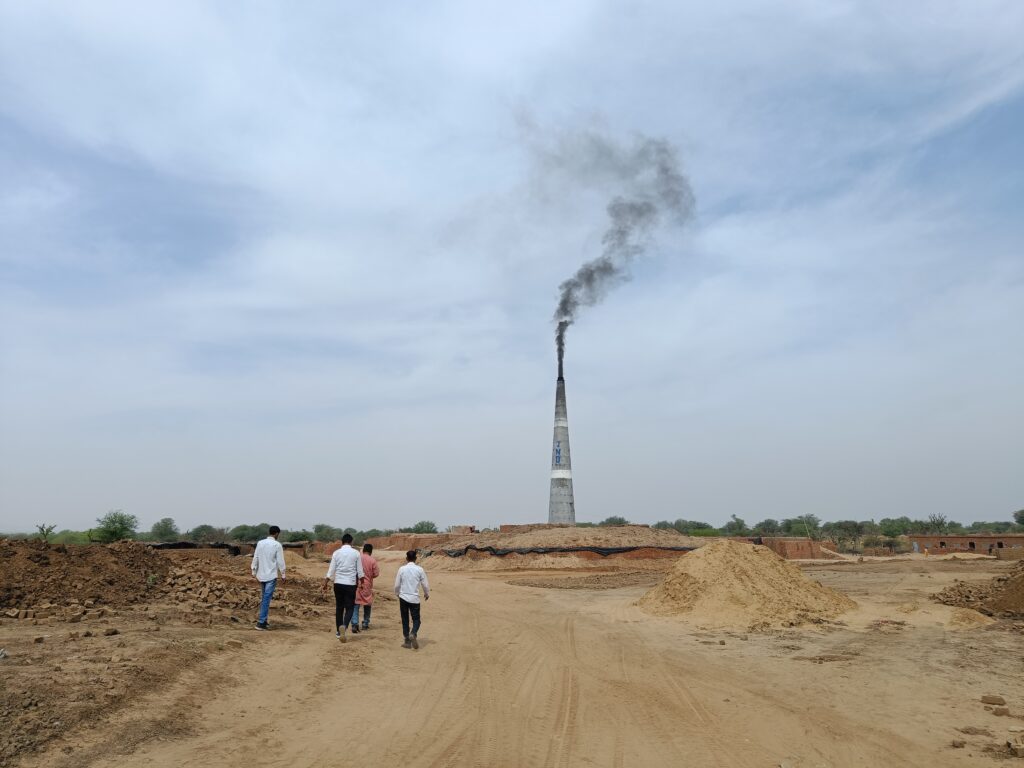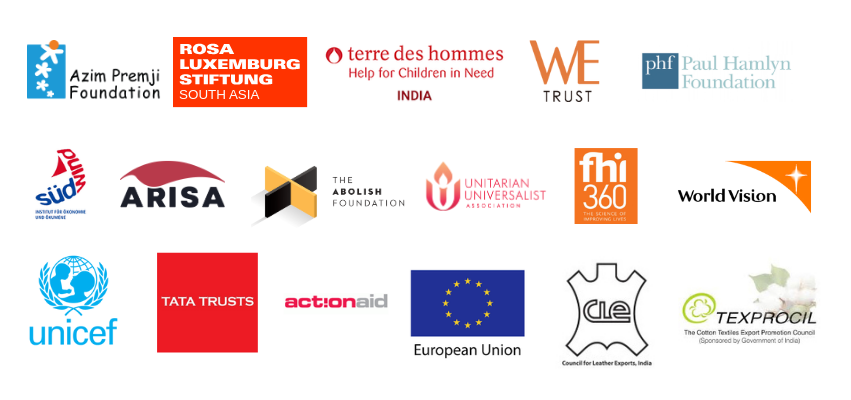About Us

Everyone who works has the right to just and favourable remuneration ensuring for himself and his family an existence worthy of human dignity, and supplemented, if necessary, by other means of social protection.
Article 23, Section 3
Universal Declaration of Human Rights
Vision
CLRA is dedicated to realizing a future where every worker is recognized, valued, and able to lead a life of dignity, equity, and justice. It works towards a future where labour rights are universally protected and enforced, and where political will and policy paradigms are responsive to the needs of the most marginalized workers. CLRA envisions a society where empowered workers and communities challenge and transform oppressive systems, dismantling systemic barriers to economic and social justice.
Mission
CLRA is committed to securing the rights and entitlements of migrant workers in India’s vast informal economy. It strives to build worker power by building capacities, nurturing community leadership, and supporting workers’ organizations. CLRA provides migrant workers with legal support to combat bondage, wage theft, violence, and discrimination, and also connects them with essential public services and government programmes. It studies and documents the socioeconomic conditions of, and systemic challenges faced by, migrant workers, shedding light on injustices and highlighting the voices of the most vulnerable. Insights from its research and practice inform policy advocacy efforts and partnerships to drive change at scale.

